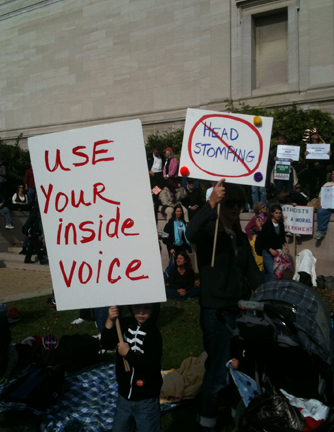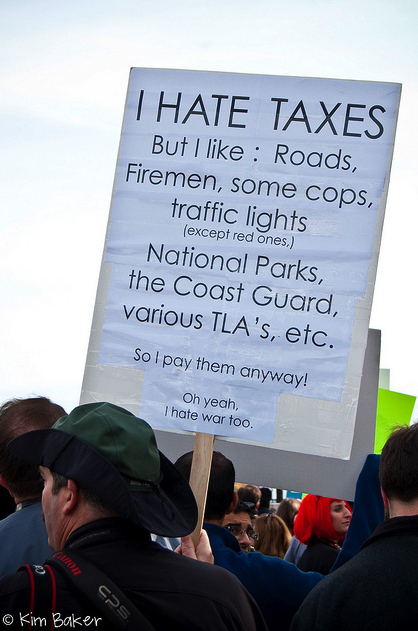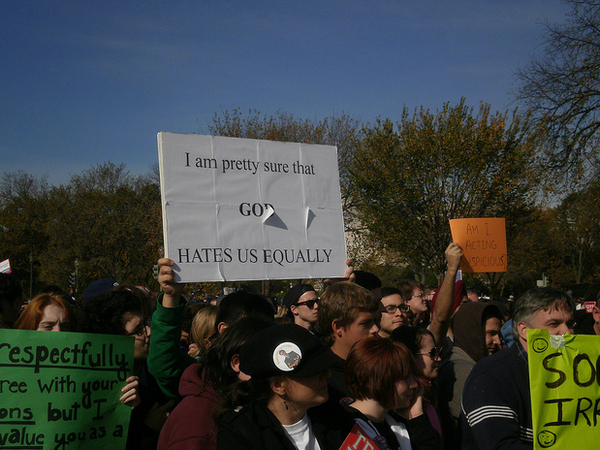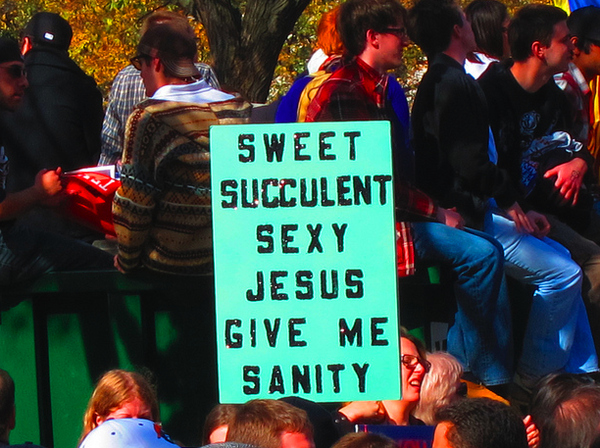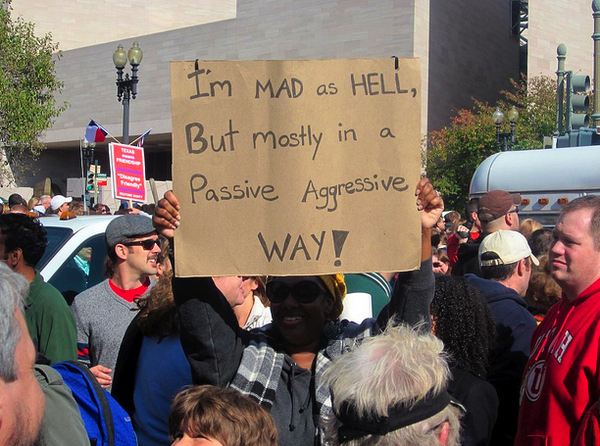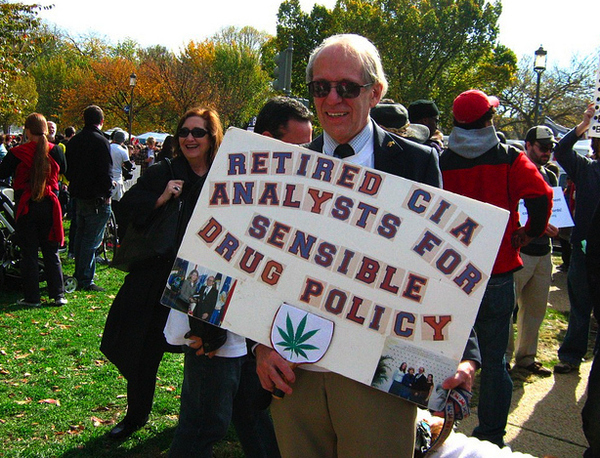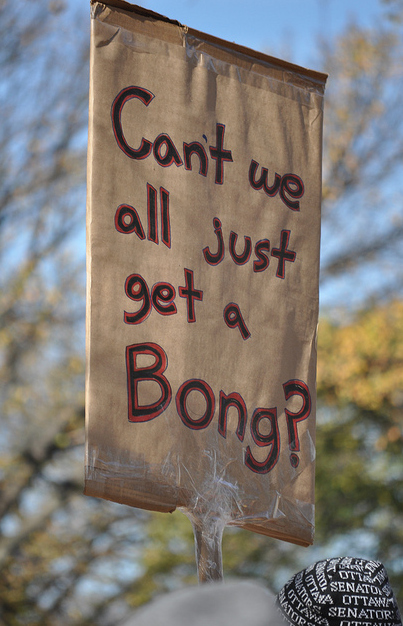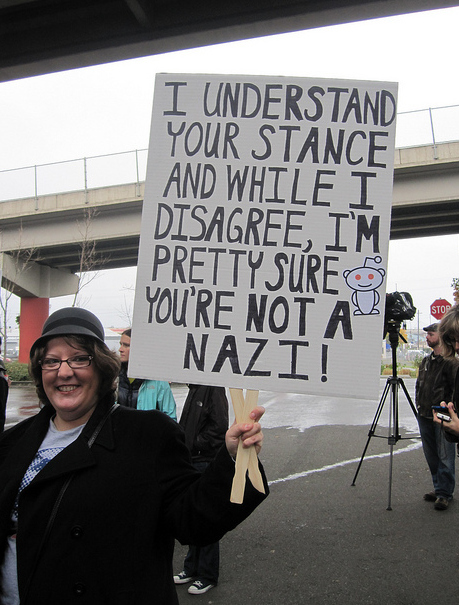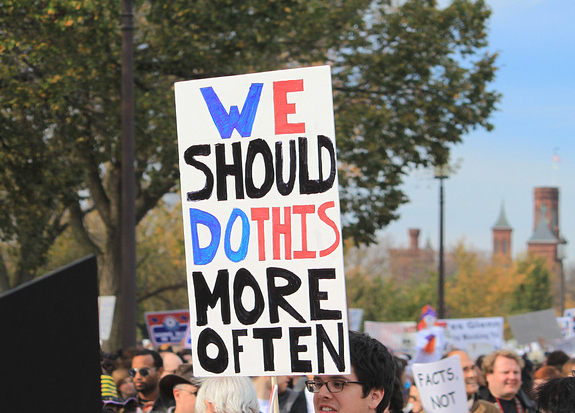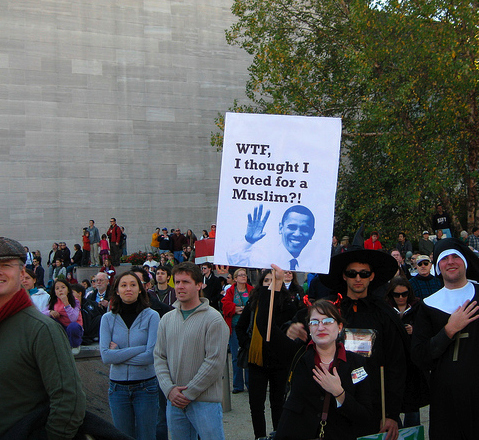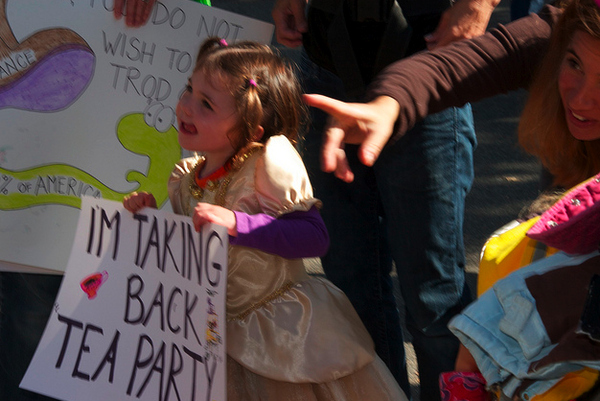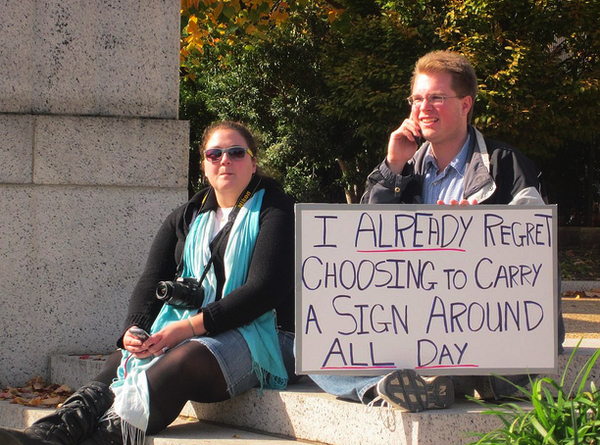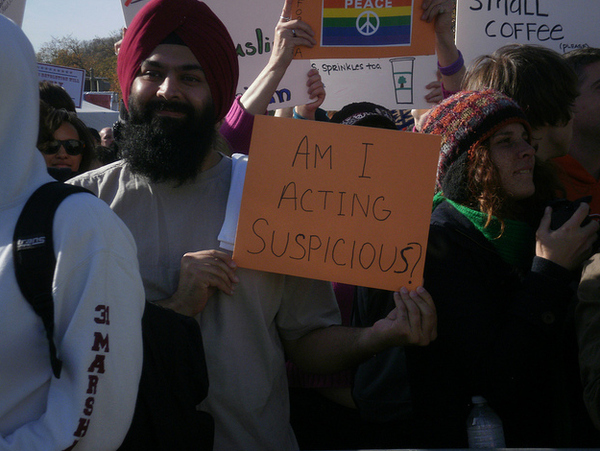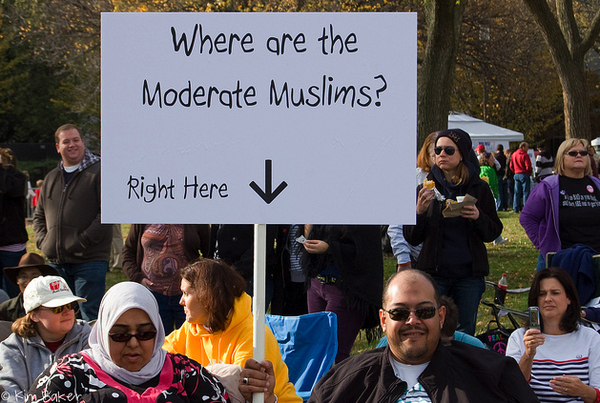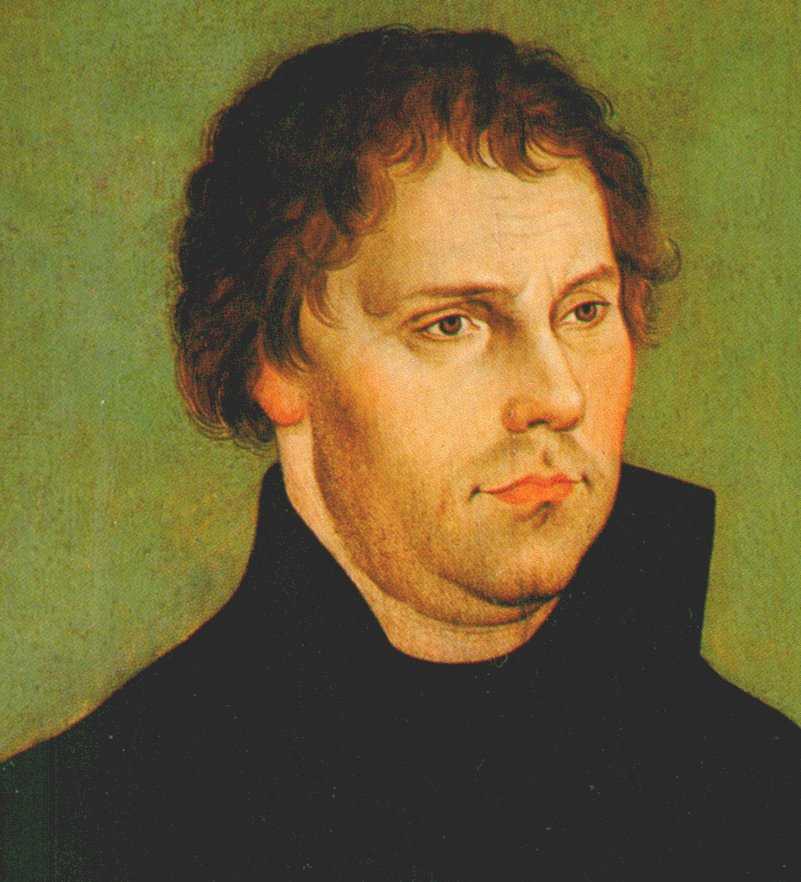Monthly Archives: October 2010
An Email from Neil ten Kortenaar
Dear Michael Happy,
You may have heard the good news: the Centre for Comparative Literature at the University of Toronto will survive. The great outpouring of international support for the Centre in the form of letters and signatures to the on-line petition made the administration think again about their plans to cut the Centre’s degree programs. The Administration has also stepped back from its decision to fold the languages and literature departments into a single School of Languages and Literatures. German, Spanish and Portuguese, Slavic, Italian, and East Asian Studies will all retain their status as independent departments.
There is not only relief but excitement. One good thing that has come out of the otherwise regrettable crisis is a new spirit of collaboration among the languages and literatures at Toronto. The Centre for Comparative Literature will develop closer links to Victoria College (the part of the university where Northrop Frye had his academic home|) and to the undergraduate program in Literary Studies housed there. This is all to the good.
I would like to thank you and all the many contributors to the Frye blog for all the support and coverage you have given us through the crisis. Know that it all worked.
Thank you again.
Best wishes,
Neil ten Kortenaar, Director, Centre for Comparative Literature, University of Toronto
Martin Luther’s Ninety-Five Theses
On this date in 1517 Martin Luther posted his Ninety-Five Theses on his church door in Wittenberg, beginning the Protestant Reformation in Europe.
Frye in his student essay, “Gains and Losses in the Reformation”:
[Protestantism’s] record, particularly that of the Calvinist branches, is not snow white in this respect, but any rational comparison between Protestant rule in England under Elizabeth or even Edward and Catholic rule under Mary, or between the treatment of Catholic minorities in Scotland and Protestant minorities in Spain, should establish the point. There is probably no more inherent cruelty in one tradition than the other, nor more sadism in Latins than in Nordics, but Protestant emphasis on the direct responsibility of the soul to God made heresy far less an outrage on society, and its punishment, consequently, less a venting of popular fury on its victims. The Catholic tradition of apostolic infallibility once denied, the enormity of the crime took on far less cosmic proportions. Another reason for the somewhat cleaner Protestant record is without doubt the influence of its intellectual and sensitive progenitors among the mystics and the humanists. Protestantism contains, at its finest, the refusal of a fine mind to be bullied by inferior interpreters of tradition. Erasmus is a great Protestant in this sense; so is Zwingli; and so is Luther when we admire him most. (CW 3, 266)
Saturday Night at the Spookies: “The Haunting”
httpv://www.youtube.com/watch?v=LQEjjzgdZFQ
It’s Hallowe’en and we need a horror movie. The Haunting is one of those classic New England set pieces concocted with clam chowder loaded up with corn. But it works, thanks to the haunted performance of Julie Harris, and to the cinematography, which evokes uncanny effects with no special effects at all, just light and shadow. And sound, also sound. Which might just stay with you to disturb your dreams. Martin Scorcese calls it the scariest movie he’s ever seen.
One caveat, however — the music is of the sort that Frye would have hated: all burps and blops.
Here he is in Fearful Symmetry:
Art protects us against nature: it would be impossible to find pleasure in tragedy or laugh at many of the predicaments of comedy if we did not feel this protection. In nature there is misery, in art tragedy; in nature there is mysterious evil, in art ghost stories. (CW 14, 262)
Quote of the Day III: “Corporatism”
“Fascism should more appropriately be called Corporatism because it is a merger of state and corporate power.”
Who does that sound more like? Liberals or “conservatives”? Barack Obama or Rupert Murdoch?
The quote is from the father of fascism, Benito Mussolini, who knew that the fascistic merger of state and corporate power involves authoritarian principles, not liberal ones.
Here’s a fun quiz. Below is a short list of actual right wing organizations in the U.S. However, one of them is a name Frye came up with in 1942 to describe an American fascist organization. See if you can guess which one.
American Life League
American Society for Tradition, Family and Property
Coalition on Revival
Committee for Justice
Defenders of American Democracy
Eagle Forum
Plymouth Rock Foundation
Traditional Values Coalition
(The answer after the jump.)
Quote of the Day II: More Sanity
Quote of the Day I: Sanity
Videos of the Day III: Sheryl Crow and Kid Rock
httpv://www.youtube.com/watch?v=dyihQtBes1I&ob=av2n
There were a number of terrific musical performances at today’s “Rally to Restore Sanity and/or Fear,” but Sheryl Crow and Kid Rock stood out. Here’s a video from each: “If It Makes You Happy” and “American Badass.”
Video of the Day II: Curb Stomp
httpv://www.youtube.com/watch?v=SbnEy_U9pYk
You’ve no doubt seen on the news this video of a Rand Paul supporter stomping on the head of a MoveOn protester, but take a look at the clip with no one offering an opinion on it while you watch, and then see what you think.
The stomper, Tim Proffitt, has since been charged. He’s also requested an apology from Lauren Valle, the woman he stomped, because he hurt his back while stomping her. Valle has declined to do so.
